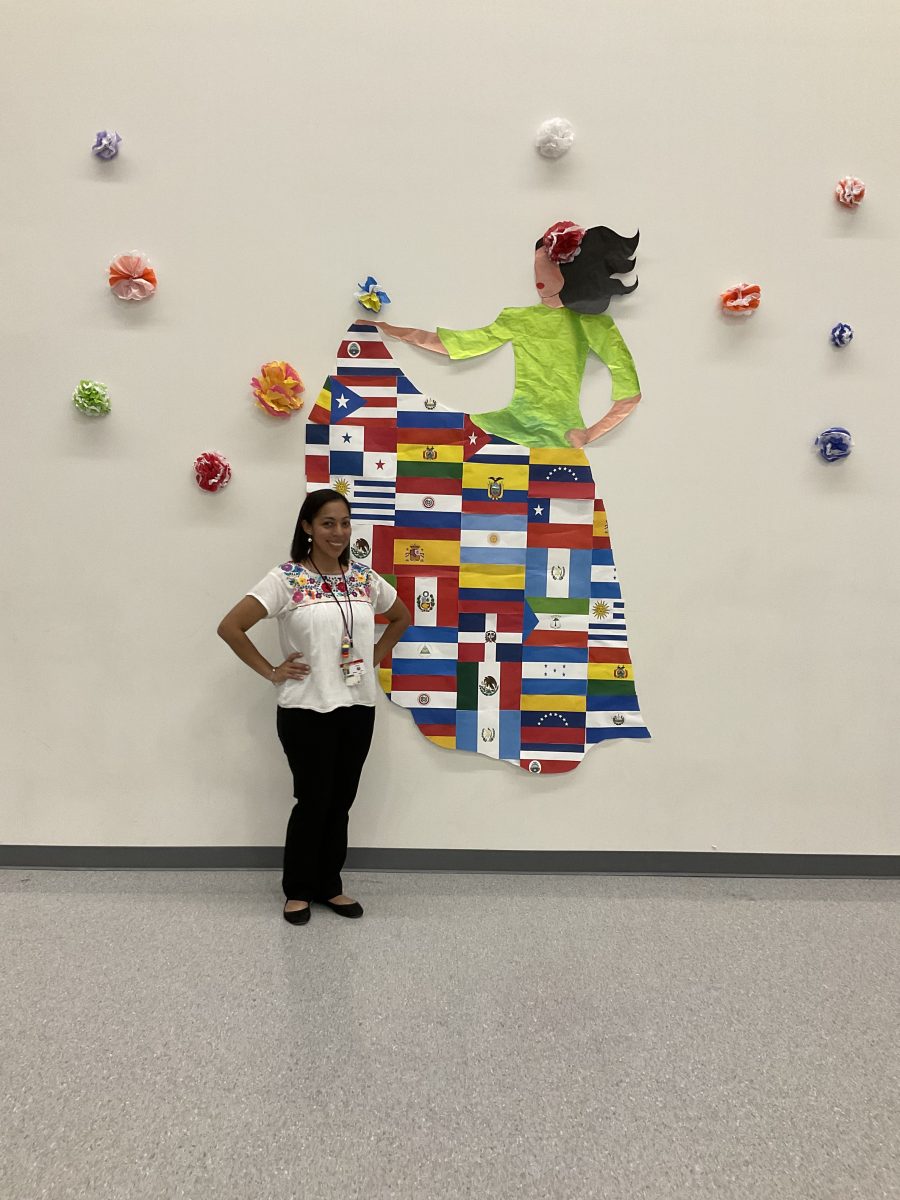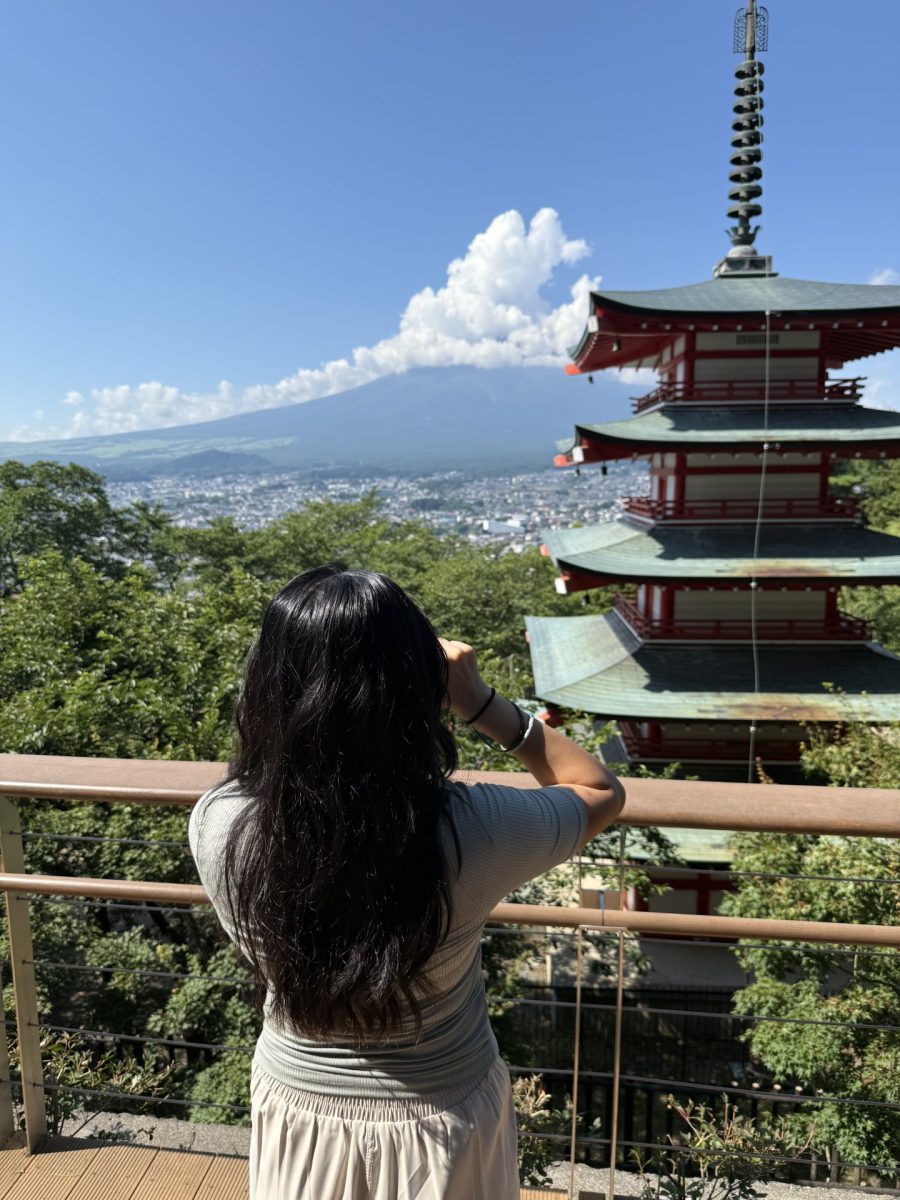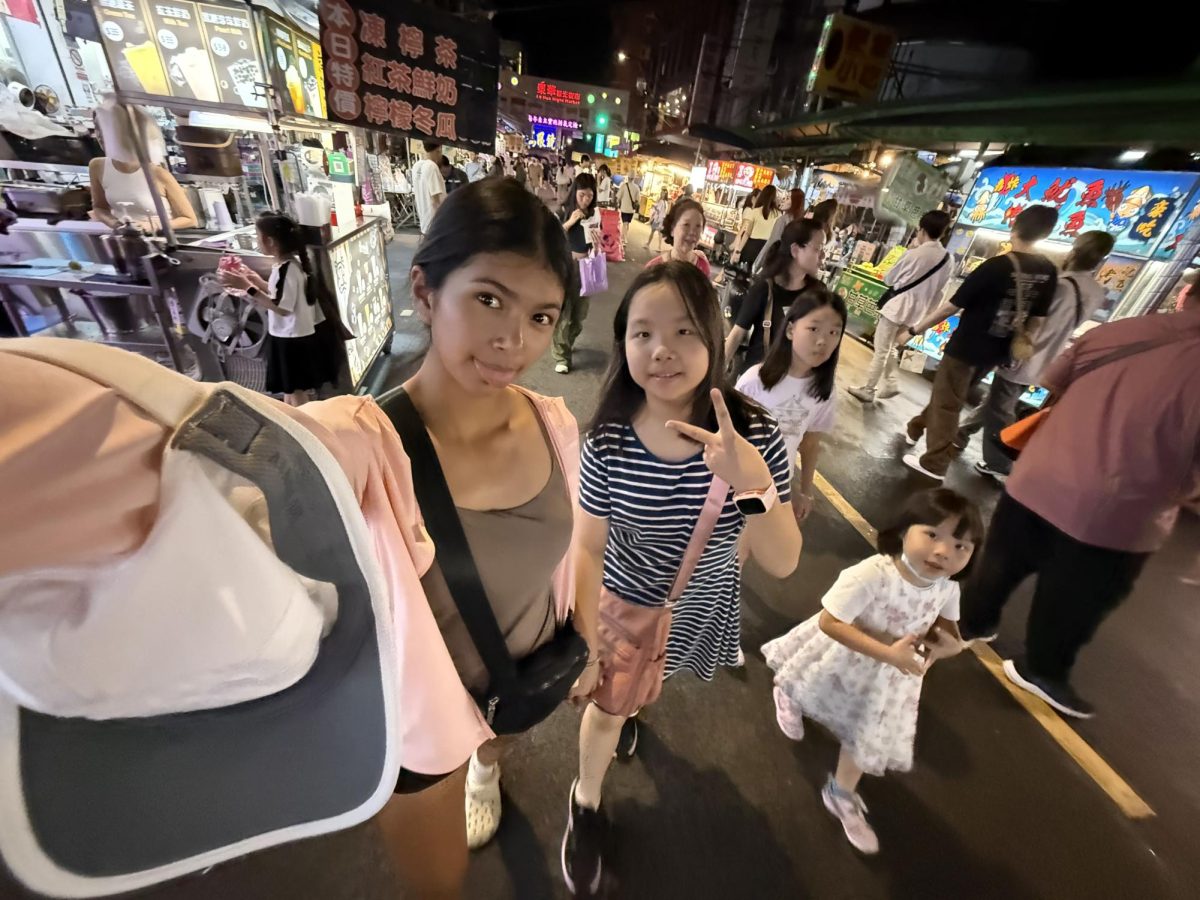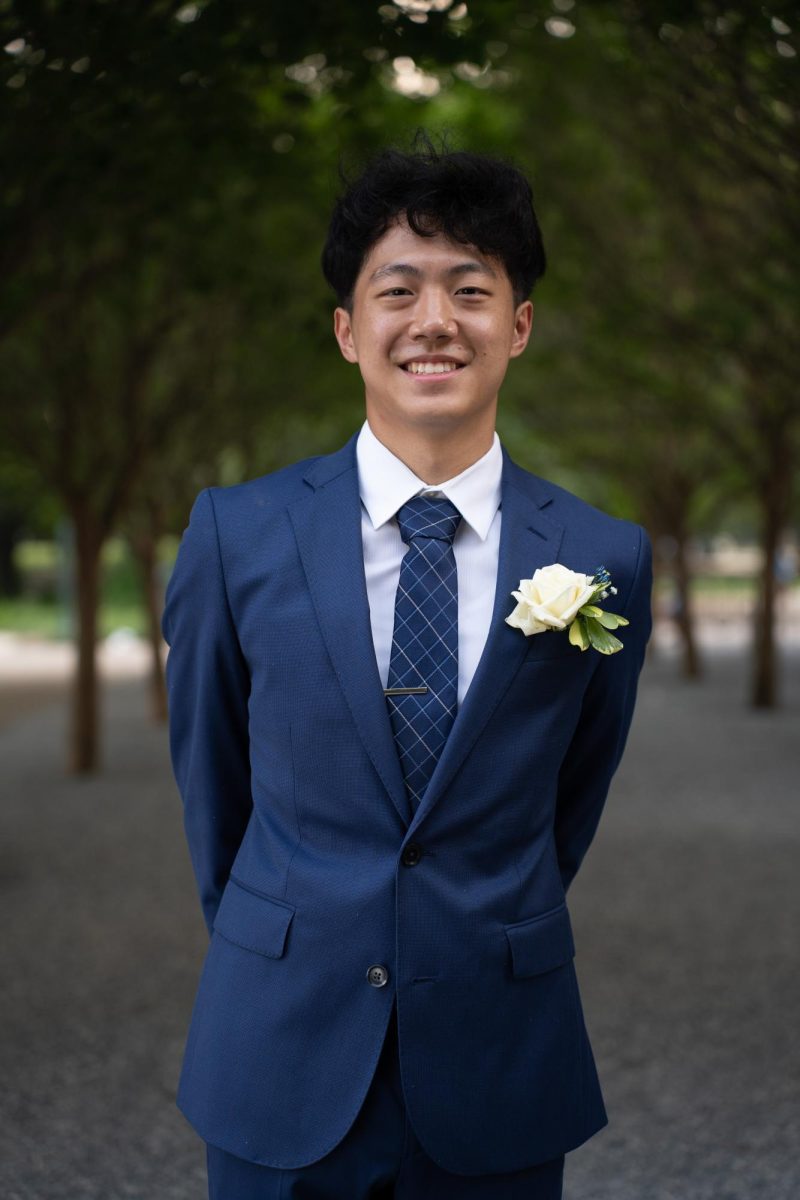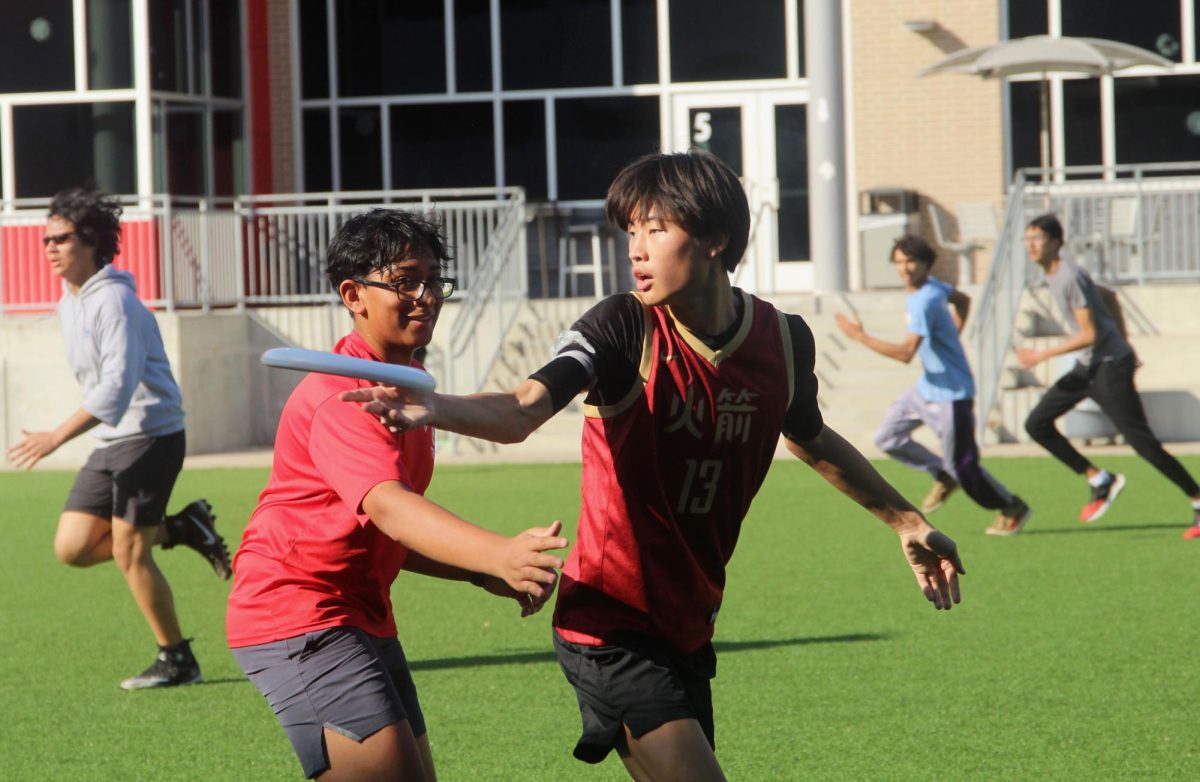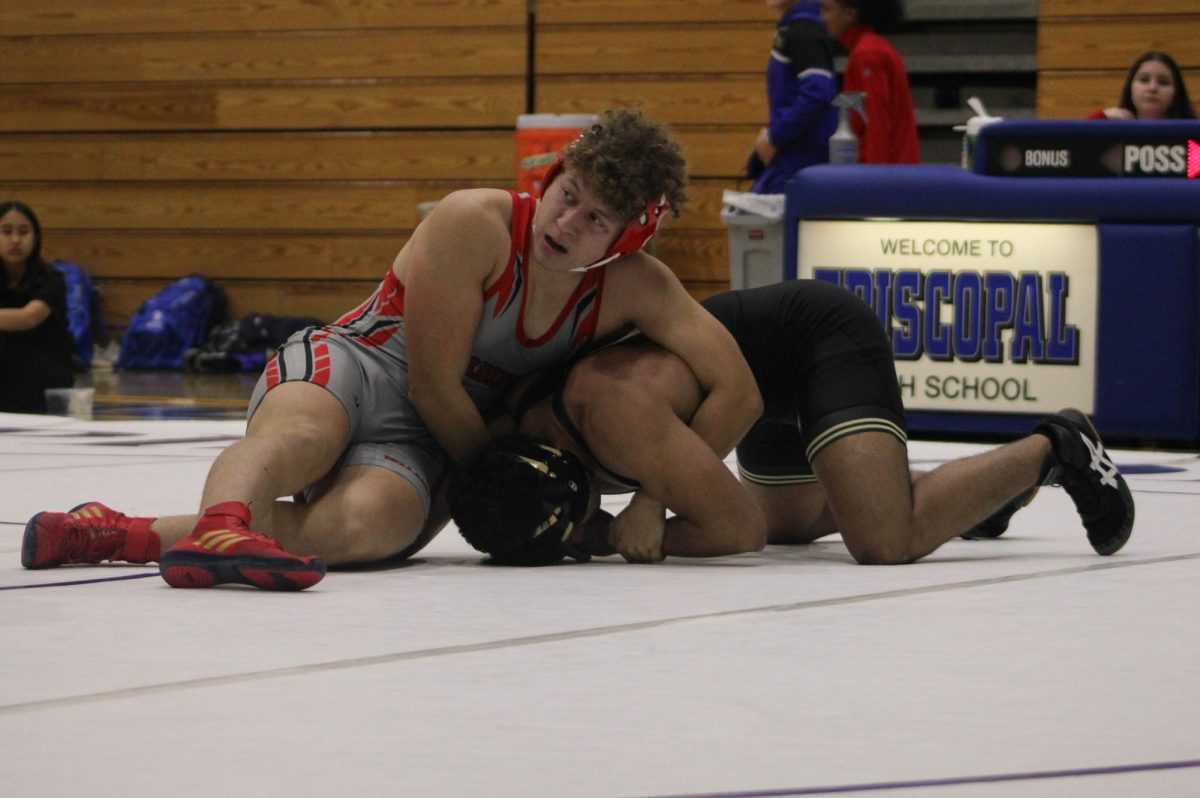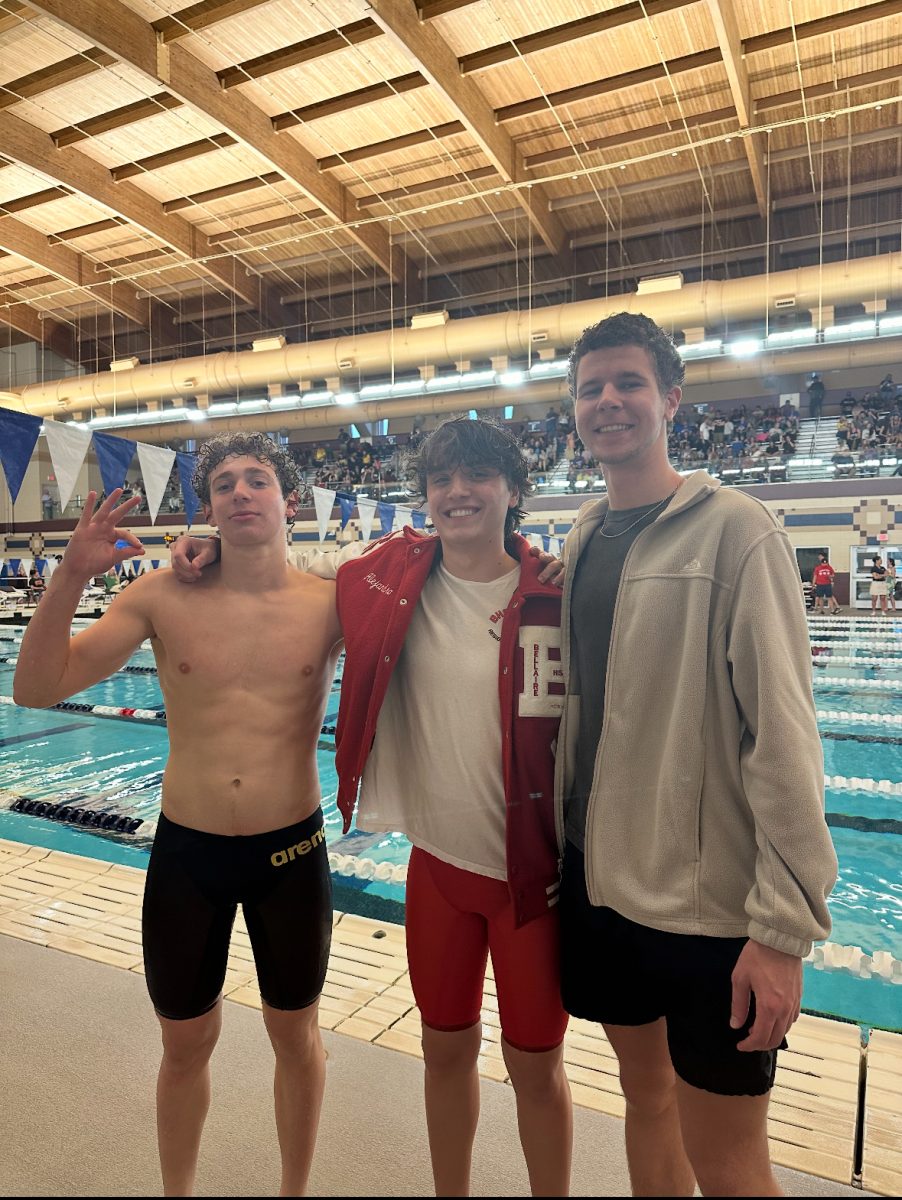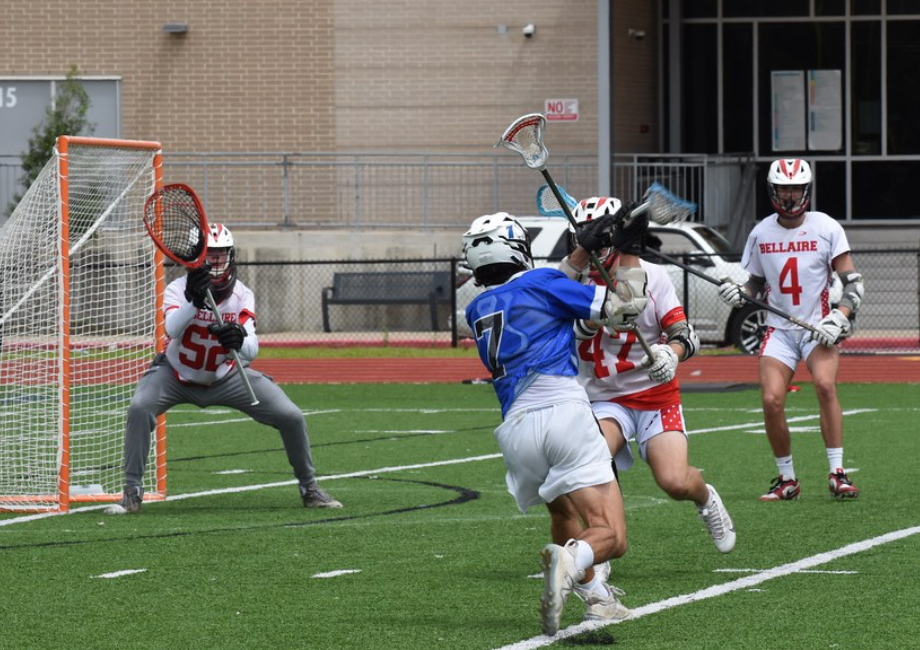“One of the reasons I became a Spanish teacher was to get more in-depth with my own culture. My mom is from Honduras. My dad’s from Nicaragua, a born and raised native speaker. Thanks to my parents, I speak the language, but becoming a Spanish teacher has given me an opportunity to dive into my culture a bit more.
When I was younger, I felt like I went through an identity crisis. I felt like it was hard to connect to both sides of my heritage, US and Central American, because I felt kind of stuck in the middle. So I started to question myself in high school, ‘Who am I? What’s my identity?’ Over the years both sides have been embraced. It’s all about accepting who you are, all pieces of it, even if the language is not perfect. I’ve come to peace and I’m okay with being from both parts of the world and not knowing enough from both places either.
I’ve come to find out that every country is so unique that the words ‘Hispanic’ and ‘Latino,’ in my professional opinion, doesn’t do justice to the diversity that exists among the population. I feel like every country is uniquely designed, filled with its own history and culture. So it just gave me an opportunity to look deeper into myself and go from there.
When I started teaching at Westbury in 2009, there was no Latino cultural club on campus, so in 2011, I founded the Latin-American Club. At the time, I was teaching AP Spanish Language and Literature, with the majority of my students being Latino. I wanted to create a space where my students could feel safe, represented and truly at home. A place where they could freely express their identities, connect with their roots and celebrate their culture.
The Latin-American Club became that space, and it allowed us to host our first Hispanic Heritage Month program. Through the club, we organized a variety of cultural events, providing students with a platform to showcase their talents and share their rich Latino backgrounds. It also gave the larger community the chance to learn more about Hispanic and Latino cultures in meaningful ways.
I love teaching, but what I find especially rewarding is working with students beyond the classroom—whether they’re in my class or not. It’s incredibly fulfilling to see students eager to learn more about Latino culture or try something new, like a dance. For me, it’s about seeing their curiosity and open-mindedness.
At Bellaire, we have such a wonderfully diverse student body, and while many are Latino, it’s been exciting to encourage students from non-Latino/Hispanic backgrounds to get involved as well. Exposing them to a culture they might not be familiar with is so important. The most rewarding part for me is witnessing that growth, watching the students’ enthusiasm, and seeing how they can give back to the community in such a meaningful way, all while honoring and celebrating Latino and Hispanic roots.”
The Hispanic Heritage Month performance will be held Tuesday, October 29 in the auditorium at 6:30 p.m. Pre-ordered tickets are $3, while tickets at the door cost $5.


